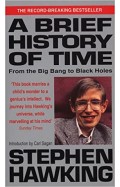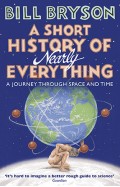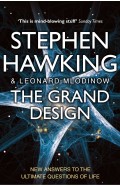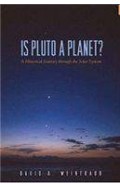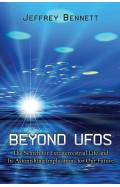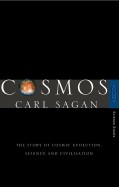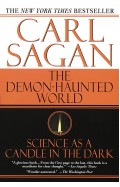Echo of the Big Bang
By: Michael D. Lemonick
-
Rs 845.75
- Rs 995.00
- 15%
You save Rs 149.25.
Due to constant currency fluctuation, prices are subject to change with or without notice.
For more than a year, the WMAP satellite hovered in the cold of deep space, a million miles from Earth, in an effort to determine whether the science of cosmology--the study of the origin and evolution of the universe--has been on the right track for the past two decades. What WMAP was looking for was a barely perceptible pattern of hot and cold spots in the faint whisper of microwave radiation left over from the Big Bang, the event that almost 14 billion years ago gave birth to all of space, time, matter, and energy.
The pattern encoded in those microwaves holds the answers to some of the great unanswered questions of cosmology: What is the universe made of? What is its geometry? How much of it consists of the mysterious dark matter and dark energy that continue to baffle astronomers? How fast is it expanding? And did it undergo a period of inflationary hyper-expansion at the very beginning? WMAP has now given definitive answers to these mysteries.
On February 11, 2003, the team of researchers went public with the results. Just some of their extraordinary findings: The universe is 13.7 billion years old. The first stars--turned on--when the universe was only 200 million years old, five times earlier than anyone had thought. It is now certain that a mysterious dark energy dominates the universe. Michael Lemonick, who had exclusive access to the researchers as WMAP gathered its data, here tells the full story of WMAP and its surprising revelations. This book is both a personal and a scientific tale of discovery. In its pages, readers will come to know the science of cosmology and the people who, seventy-five years after we first learned that the universe is expanding, deciphered some of its deepest mysteries in the patterns of its oldest light.
For more than a year, the WMAP satellite hovered in the cold of deep space, a million miles from Earth, in an effort to determine whether the science of cosmology--the study of the origin and evolution of the universe--has been on the right track for the past two decades. What WMAP was looking for was a barely perceptible pattern of hot and cold spots in the faint whisper of microwave radiation left over from the Big Bang, the event that almost 14 billion years ago gave birth to all of space, time, matter, and energy.
The pattern encoded in those microwaves holds the answers to some of the great unanswered questions of cosmology: What is the universe made of? What is its geometry? How much of it consists of the mysterious dark matter and dark energy that continue to baffle astronomers? How fast is it expanding? And did it undergo a period of inflationary hyper-expansion at the very beginning? WMAP has now given definitive answers to these mysteries.
On February 11, 2003, the team of researchers went public with the results. Just some of their extraordinary findings: The universe is 13.7 billion years old. The first stars--turned on--when the universe was only 200 million years old, five times earlier than anyone had thought. It is now certain that a mysterious dark energy dominates the universe. Michael Lemonick, who had exclusive access to the researchers as WMAP gathered its data, here tells the full story of WMAP and its surprising revelations. This book is both a personal and a scientific tale of discovery. In its pages, readers will come to know the science of cosmology and the people who, seventy-five years after we first learned that the universe is expanding, deciphered some of its deepest mysteries in the patterns of its oldest light.
Zubin Mehta: A Musical Journey (An Authorized Biography)
By: VOID - Bakhtiar K. Dadabhoy
Rs 892.50 Rs 1,050.00 Ex Tax :Rs 892.50
Wipe Clean Activities Words Write & Wipe Books
By: The Book Company Editorial
Rs 420.75 Rs 495.00 Ex Tax :Rs 420.75
Is Pluto a Planet?: A Historical Journey through the Solar System
By: David A. Weintraub
Rs 6,115.75 Rs 7,195.00 Ex Tax :Rs 6,115.75
Beyond UFOs: The Search for Extraterrestrial Life and Its Astonishing Implications for Our Future
By: Jeffrey Bennett
Rs 4,797.50 Rs 9,595.00 Ex Tax :Rs 4,797.50
The Islamist Why I Became an Islamic Fundamentalist What I Saw Inside and Why I Left
By: Ed Husain
Rs 510.00 Rs 600.00 Ex Tax :Rs 510.00
The Demon Haunted World Science As A Candle In The Dark
By: Carl Sagan
Rs 3,595.50 Rs 3,995.00 Ex Tax :Rs 3,595.50
Wipe Clean Activities Words Write & Wipe Books
By: The Book Company Editorial
Rs 420.75 Rs 495.00 Ex Tax :Rs 420.75
Hush Hush: The most gripping crime thriller of 2018
By: Mel Sherratt
Rs 1,525.75 Rs 1,795.00 Ex Tax :Rs 1,525.75
Zubin Mehta: A Musical Journey (An Authorized Biography)
By: VOID - Bakhtiar K. Dadabhoy
Rs 892.50 Rs 1,050.00 Ex Tax :Rs 892.50
Wipe Clean Activities Words Write & Wipe Books
By: The Book Company Editorial
Rs 420.75 Rs 495.00 Ex Tax :Rs 420.75












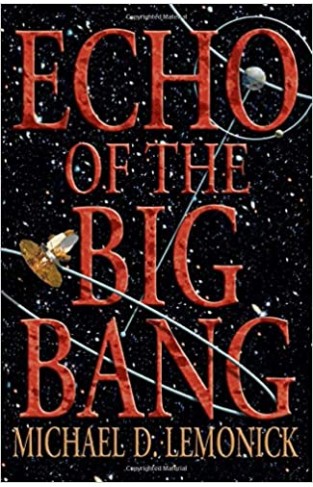
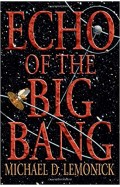
-120x187.jpg?q6)










